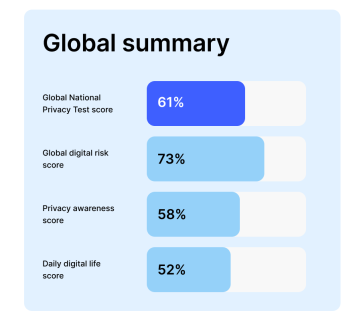Many companies equate invention with innovation but the truth is, you do not always need an invention for innovation to thrive. Innovation happens in our day-to-day lives, which means looking at devices, business routines, technologies, commercial practices and relationships with a different angle.
The innovation process is one that waits for no-one, which is why Amadeus East Africa is connecting the dots between innovation and market conditions, creating unexpected opportunities, in order to make a tangible behavioural impact on the travel experience, showing a real added value or delivering “something new”.
The business has built an enviable position in the travel industry thanks to an unerring commitment to delivering solutions that are relevant to local market conditions and demands.
“The East African market is a very exciting space to be in because of the strong adoption of the latest technologies that have leap-frogged many other markets,” says Juan Torres, General Manager of Amadeus East Africa. “This technology-focused approach in the industry reflects the broader acceptance of new technologies, specifically in the mobile field, that we witness in society generally.”
“The rapid rise of mobile payments is but one example of how such technologies are opening up new opportunities for us, and our customers.” As shown in the research report conducted by Amadeus in 2013, A Digital Savannah, it is clear that in Africa the primary screen is that of the mobile phone. This means over 80% of people use mobile payments.
Torres views mobile as a vast frontier that will deliver even greater innovation in the travel industry that may well extend beyond the traditional services travel agents and their customers are accustomed to.
The adoption of mobile payments already places the region ahead of more mature markets in Europe that may enjoy the benefits of greater Internet penetration, but that lags in mobile payment systems. “The advancements we have seen in the mobile arena will undoubtedly lead to the introduction of a broader range of services. There is no shortage of demand for the immediacy and ease of use the mobile platform can deliver,” says Torres.
A less-explored area in which he sees tremendous opportunity is in big data. This term is bandied about in developed markets as the next big thing, although the understanding of the term or opportunity is not yet fully grasped.
“The travel industry generates a lot of information that can and should be harnessed to help improve their operations and services,” says Torres. “Drawing on the intelligence within this information, in my opinion, is the next big opportunity and we are working to help our customers tap into that.”
This opportunity lies in being able to easily analyse the habits and preferences of travellers so that services, routes and markets can be adapted and customised to more closely meet local demands.
Torres admits that the market still requires some education around big data and business intelligence, but that this knowledge gap will be filled once the benefits become apparent. He is also a firm believer that innovation happens because of organisations and the way we work with people.
This is a mantra that he applies to the Amadeus East Africa operations and that has led to many of the innovations in the region. For example, the Amadeus Transhotel system has been adapted to suit the needs of the local industry rather than simply taking this global solution and foisting it on the market.
“In a similar fashion, we expect to deliver exciting new mobile solutions that draw on the strong adoption of this technology throughout the region. In doing so, our customers will be able to better meet the needs of their customers.”





